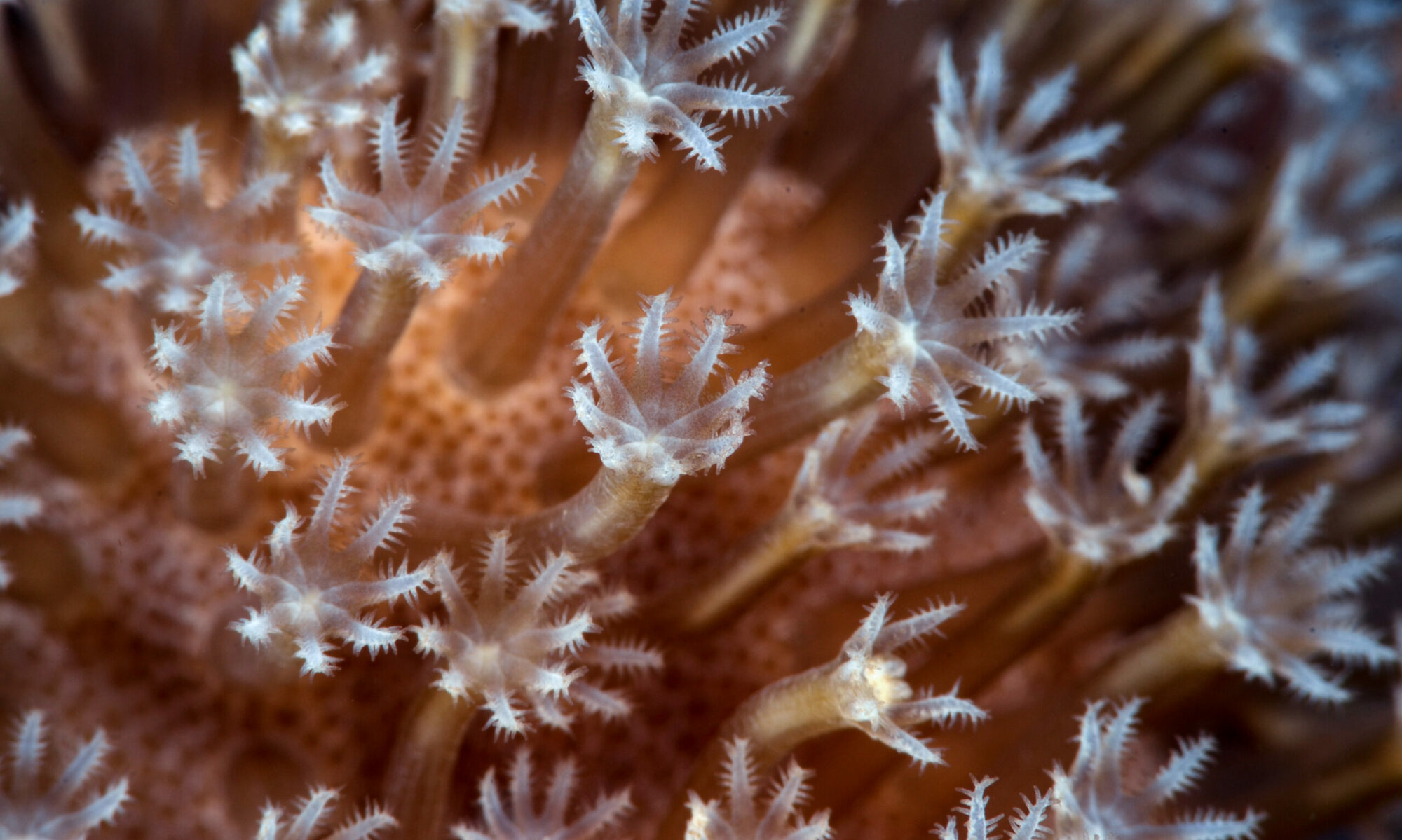
University of Guam (UOG) student researchers made a strong showing at the 2024 Society for the Advancement of Chicanos and Native Americans in Science (SACNAS) National Diversity in STEM (NDiSTEM) Conference, held in Phoenix, Arizona; bringing together thousands of scientists, engineers, and students from across the nation.
48 UOG Tritons made their way to the conference, soaking up the science, meeting with recruiters and growing Guam’s footprint on one of the biggest STEM stages in the entire U.S.
A total of 22 UOG students presented their research findings on a variety of topics, including marine biology, environmental science, and engineering.
The students’ work was showcased through poster presentations, giving them the opportunity to engage with leading experts in their fields and network with potential collaborators.
Two students, Anna Lhyn Mallari and Nadley Yow, from the UOG delegation took home honors for their presentations and were recognized during an awards ceremony at the end of the week.
“It is a privilege to present my research and be recognized at a national conference like SACNAS. This award reflects the dedication and support of my mentors and colleagues, and I am proud to bring it back to the University of Guam and to the School of Engineering,” said Mallari. “SACNAS provides an invaluable opportunity for students from various disciplines to engage in research and learn from one another. I am truly grateful for this experience and hope it inspires more students to pursue research and bring their whole selves to the STEM field.”
The SACNAS NDiSTEM Conference is a premier event for Hispanic, Native American and islander STEM students and professionals. It provides a platform for sharing research, building community, and advancing diversity and inclusion in STEM fields.
Students’ trips and participation were paid for by several capacity building grants and supporters. They include the National Science Foundation (NSF) SEAS Islands Alliance (SEAS), NSF Navigating Home, the Sloan Foundation, and Guam NSF Established Program to Stimulate Competitive Research (Guam NSF EPSCoR). Travel scholarships were also awarded by SACNAS and the Research Corporation of the University of Guam.
Austin Shelton, Ph.D, director of the UOG Center for Island Sustainability and Sea Grant (UOG CIS & SG), principal investigator of SEAS and co-pi for Education Workforce and Development of Guam NSF EPSCoR sees the importance of students participating in the conference.
“Guam students often miss out on opportunities because of distance to national gatherings. Our UOG team has been extremely resourceful securing grant funding to put as many students as possible in front of these opportunities. Our students showed up to the National Diversity in STEM Conference and made us proud. They won competitive research awards and connected with top graduate schools like Stanford, Duke, MiT, ASU and more. They were offered research and scholarship opportunities and invited into incredible programs on the spot,” explained Shelton. “We’re excited for the future of our island as our students go on to receive advanced training and return home to solve our most pressing challenges.”
SACNAS presenters from UOG include:
- Daissy Demei, SEAS
- Deniena Fred, SEAS
- Ale’a Duenas, SEAS
- Lucey Mea, SEAS
- Nadley Yow, SEAS
- Thuy Nguyen, PIPCHE
- Yoonji Seo, EPSCOR
- Sean McManus, EPSCoR
- Tristan Pajela
- Cassandra Paule, PNNL
- Ava-Rene Suba, SEAS
- Ave Medina, EPSCoR
- Mya Ngemae, EPSCoR
- Daniel Urbano, EPSCoR
- Makayla Dela Cruz, SEAS
- Anna Mallari, SEAS
- Cyril Concepcion, SEAS
- Nicolas Nadeau
- Joanna Rose Lauana, EPSCoR
- Carlo Tapia, EPSCoR
- Reina Evangelista
- Gian Paras, PIPCHE
“We are incredibly proud of our students and their dedication to research,” said UOG President Anita Borja Enriquez, DBA. “Their participation in SACNAS NDiSTEM demonstrates UOG’s commitment to fostering scientific inquiry and preparing the next generation of STEM leaders to take to the national stage.”
For more information on fellowships and undergraduate programs with NSF SEAS Islands Alliance, Guam NSF EPSCoR and UOG CIS & Sea Grant, follow the groups on social media @seasallianceguam, @guamepscor and @uogcis today.



























